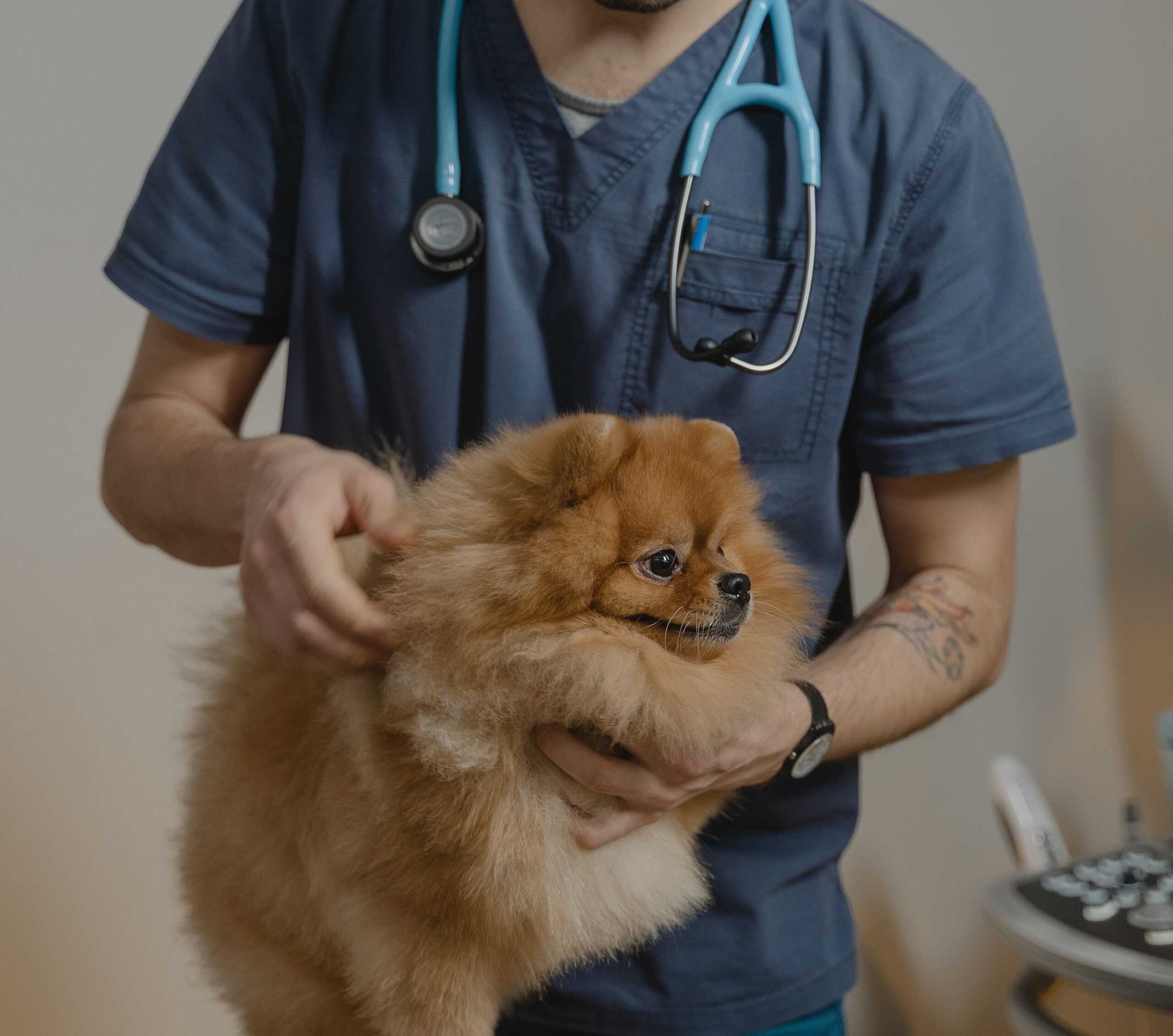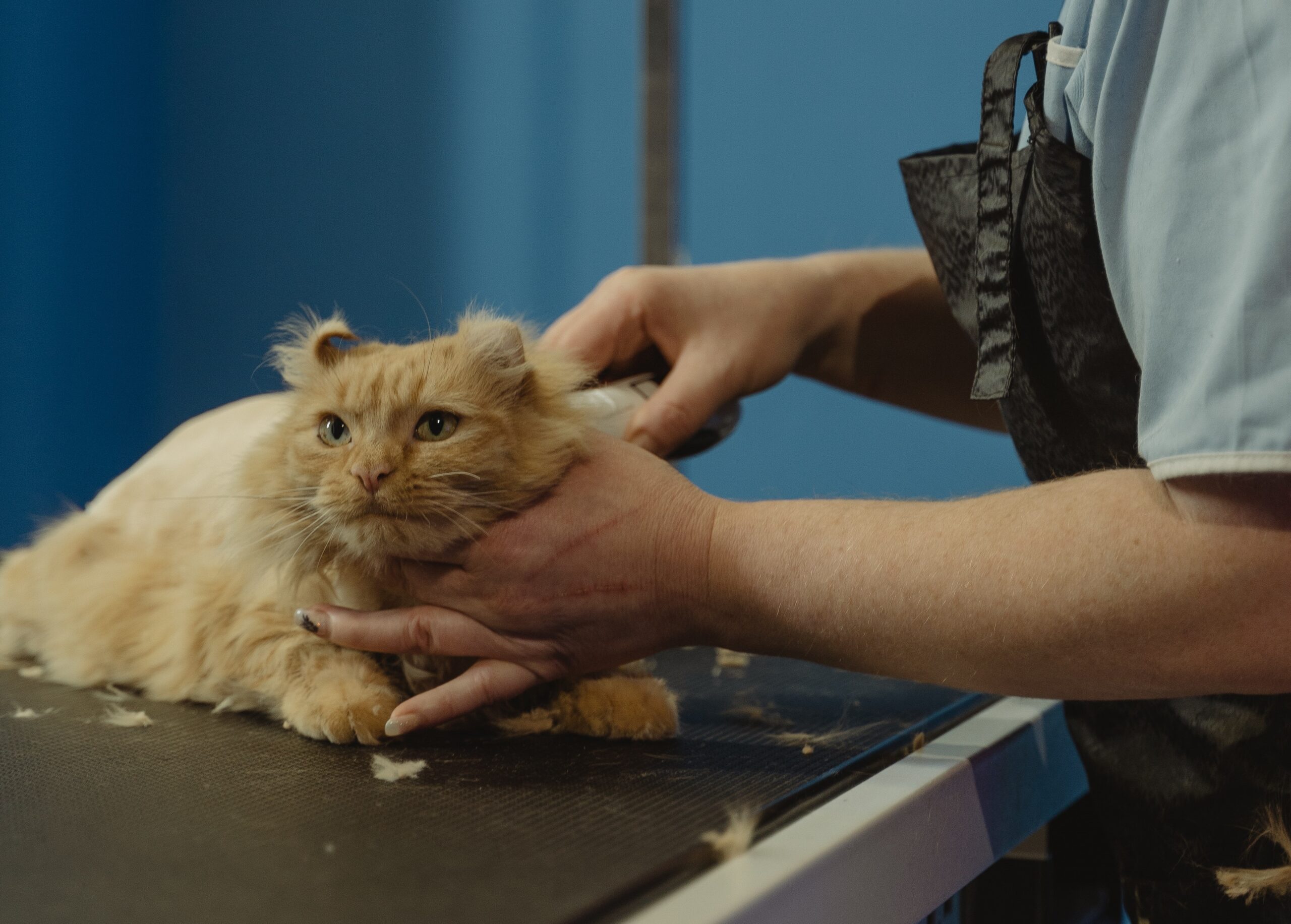Fleas and ticks are some of the most common and annoying parasites that can infest your pets. Not only are they itchy and uncomfortable for your furry friends, but they can also cause serious health problems such as skin infections, anemia, and even Lyme disease. So it is essential for your pets health to look after flea and tick prevention with proper guide. Fortunately, there are many effective flea and tick prevention methods available that can help keep your pets healthy and happy.
In this article, we will discuss the best flea and tick prevention methods for your furry friends and guide you to the best!
How do Your Pet Gets Flea and Ticks?
Fleas and ticks are common parasites that can afflict pets. These pests can cause a range of health problems, from minor irritation to more serious diseases, and can be difficult to eradicate once they infest your pet and home. Fleas can jump from one animal to another and are often found in warm, humid environments, such as grassy areas, carpets, and bedding. Ticks, on the other hand, often attach themselves to pets when they venture into wooded or grassy areas. They can transmit a number of diseases, such as Lyme disease and Rocky Mountain spotted fever, to both pets and humans. It is important to take preventive measures, such as using flea and tick collars and regularly checking your pet for signs of infestation, to keep your furry friend healthy and happy.
Effects of Flea and Ticks on Your Pets:
Fleas and ticks are common external parasites that can cause various health problems in pets. These tiny blood-sucking insects can be found on dogs, cats, and other domestic animals, and can transmit diseases and infections to them. Fleas and ticks can cause skin irritation, itching, hair loss, anemia, and even death in extreme cases. Moreover, some pets may develop allergic reactions to flea and tick bites, leading to severe itching and discomfort. It is essential to prevent and control flea and tick infestations in pets through regular grooming, use of flea and tick prevention products, and keeping the environment clean. Early detection and treatment of fleas and ticks can help prevent the spread of diseases and ensure the health and well-being of your pets.
Importance of Preventing Flea and Ticks:
Preventing flea and tick infestations is crucial for the health and well-being of both pets and humans. Fleas and ticks are known carriers of various diseases and parasites, including Lyme disease, Rocky Mountain spotted fever, and tapeworms. These pests can also cause severe skin irritations, anemia, and even death in extreme cases. Prevention methods such as regular grooming, use of flea and tick prevention products, and keeping your pets indoors during peak season can help to reduce the risk of infestations. It is important to stay vigilant and take measures for prevention of flea and tick to protect yourself and your furry companions from the harmful effects of flea and tick infestations with proper guide.
How to Prevent Fleas and Ticks:
Spot-on Treatments
Spot-on treatments are one of the most popular and effective flea and tick prevention methods available. These treatments are applied topically to your pet’s skin, usually between the shoulder blades, and work by killing fleas and ticks on contact. Spot-on treatments contain active ingredients such as fipronil and permethrin, which are highly effective against fleas and ticks. These treatments can last for up to a month, providing long-lasting protection for your pets.
Flea and Tick Collars
Flea and tick collars are another popular and effective flea and tick prevention method. These collars contain active ingredients such as deltamethrin and flumethrin, which work by repelling and killing fleas and ticks. Flea and tick collars can provide protection for up to 8 months and are a great option for pets who do not like topical treatments.
Oral Medications
Oral medications are another effective flea and tick prevention method. These medications are given to your pets in the form of tablets or chewables and work by preventing fleas and ticks from reproducing. Oral medications contain active ingredients such as spinosad and lufenuron, which are highly effective against fleas and ticks. These medications can provide protection for up to a month.
Regular Grooming
Regular grooming is an important part of flea and tick prevention. Brushing your pets regularly can help remove fleas and ticks from their fur before they have a chance to attach themselves. Additionally, bathing your pets with a flea and tick shampoo can help kill and prevent fleas and ticks from infesting their fur.
Environmental Control
Controlling the environment around your pets can also help prevent flea and tick infestations. Vacuuming your home regularly can help remove fleas and ticks and their eggs from your carpets and furniture. Additionally, using flea and tick sprays and foggers can help kill fleas and ticks in your home.
In conclusion, flea and tick prevention is an important part of pet care. Spot-on treatments, flea and tick collars, oral medications, regular grooming, and environmental control are all effective methods for preventing flea and tick infestations. By using these methods, you can help keep your pets healthy and happy, and free from fleas and ticks.
You Might Find Interest on…..
How to Deal with Pet Hair and Shedding
How to Keep Your Pet Safe During Extreme Weather
Discover all You Need to Know about Your Pet’s Health and Wellness










